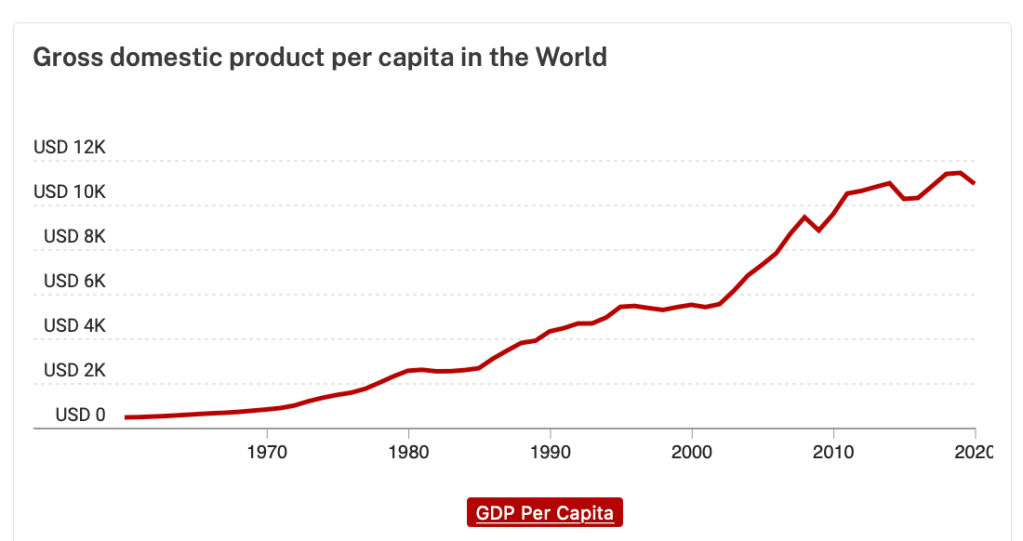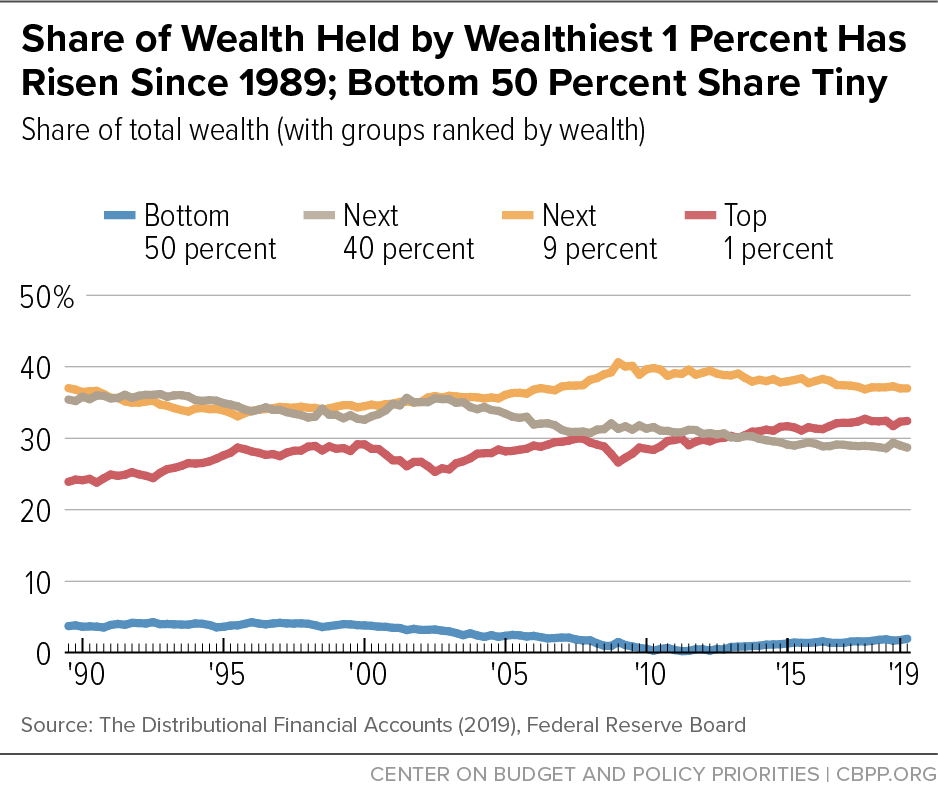Neoliberal Econ Failure I: GDP
In this series, we will try to break down the scales created by Davos’s elites, on which human development is measured and see how they are fundamentally flawed. We might also discover how neoliberal policies which form the basis of the dictates of international monetary organisations have failed to provide policies which help the people of the world. We need serious policy and measurement reforms. The first one in the series covers GDP.
GDP
Simply put, GDP is highly correlated to the production of goods and services in a country in a certain period. The more you produce the goods and services the more GDP you have.
GDP essentially only considers how well the means of production are doing, but not the negative or positive effects that this production has on human lives. Let’s take an example:
If the production of cars and jets goes up, GDP goes up. But it doesn’t care whether more cars on road which lead to higher emission, stress because of traffic, noise pollution etc. actually help improving the standard living or not.
Three major questions that the GDP number fails to answer are:
- Is growth fair?
- Is it sustainable? and
- Is it really improving the lives all of us, the people?
GDP doesn’t include the fact that parents need time off to bring up better people in this world. If you are spending time with your kids, too bad. Wasting potential time to bump up GDP. Chilling on a weekday, is too bad, not contributing towards the growth.
Is Growth Fair?
There are a lot of eyes on the headline GDP number every quarter and every year. It is a number that people like to throw in conversations to boast or wildlife of governments efforts and to pit countries against each other. This number however couldn’t be farther from measuring is growth inclusive and equitable.
Lets follow the 2 graphs below:


Is Growth Sustainable?
Sustainable is not just quantitatively thinking about nature (forest cover, AQI) but also the product of these changes on the everyday happiness of man. Long term well-being of communities is often tied to the environment they live in.
GDP simply promotes forest cover depletion. Clear-cutting a forest for wood contributes more to GDP than the ecosystem services that the forest provides if left untouched. Forests provide healthy biodiversity, prevent floods, act as buffer zones to improve air quality and filter water for lakes and rivers. All of this doesn’t matter for humans with a GDP calculator in their hands. Every resource has a $ value attached to it. You either extract that dollar by using the resource or you are being too dumb to leave it out there. No nuance.
If put in a simple formula, the more your produce the more GDP will improve. Product = k*consumption of a resource. GDP appreciates the depreciation of natural capital rather than appreciating the effects of it just being there.
Is it really improving the lives of us?
There is a threshold effect to GDP. Increased GDP only appreciates the ease of living up to a certain level beyond which, mindlessly chasing GDP just goes on to increase societal imbalance. Unless you are charging for every basic service such as healthcare, education etc. you are not improving the GDP.
Improving the GDP commands reducing taxes and letting not-so-fortunate people fend for themselves, even for their basic needs. If you are subsidising vaccines, it’s not helping the GDP.
The price of happiness is also ignored by this number. Resting? Too bad. You aren’t producing goods and services. Services, arts created for entertainment and ease of living also get missed out on the GDP scale.
An increasingly large and robust body of research confirms that, beyond a certain threshold, further increases in material well-being have the negative side effects of lowering community cohesion, healthy relationships, knowledge, wisdom, a sense of purpose, connection with nature, and other dimensions of human happiness. In fact, a strikingly consistent global trend suggests that as material affluence increases, these critical components of psychic income often decline amidst rising rates of alcoholism, suicide, depression, poor health, crime, divorce, and other social pathologies.

Define localised scales to measure development
Each country has a unique economy. Each society within it has a more intricate system of work distribution and aspirations.
A more localised scale or measure can be more inclusive and have minor details like ease of living, ease of commuting, safety, access to free health etc. as better signals to see if the community is progressing or not.
The idea of minimum government, the small size of public services, and small pay in them cause they are not competitively open for corporates is a bad idea. Robust public spending both in personnel and services drastically improves the probability of the upliftment of society as a whole and not just a select few which the GDP number doesn’t seem to care about.
We should throw GDP as a metric out the window and be more holistic. The western method of measuring success and placing pressures on outperformance are outdated and irrelevant.
I recently read an article on the world economic forum about the real cost of having a kid and the lost wages because of bringing someone into this world. Couldn’t stop laughing. Reducing human time and emotions to a $ value seems like a hobby for people who have too much time. We don’t need such criteria of developmental success.
In the next one, we will look at how fake and irrelevant ESG ratings have been.

General davos economy gdp growth ideas sustainable vision west
SST View All →
A graduate from BITS Pilani, class of 2019, I am currently working as a Product Manager at Flipkart. I like to write about things that get stuck in my head. By writing I make sure everyone knows what absurd thoughts I have :P Thanks for visiting.